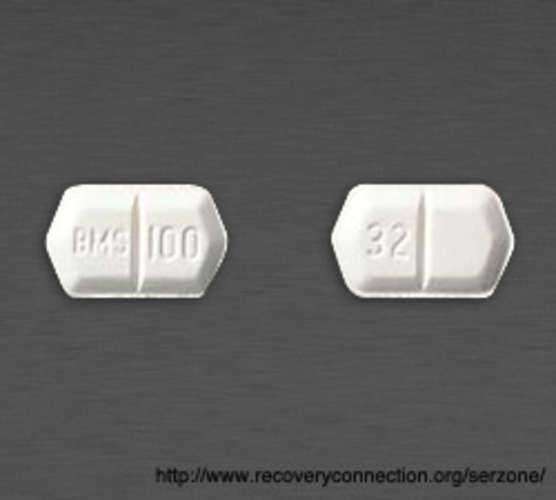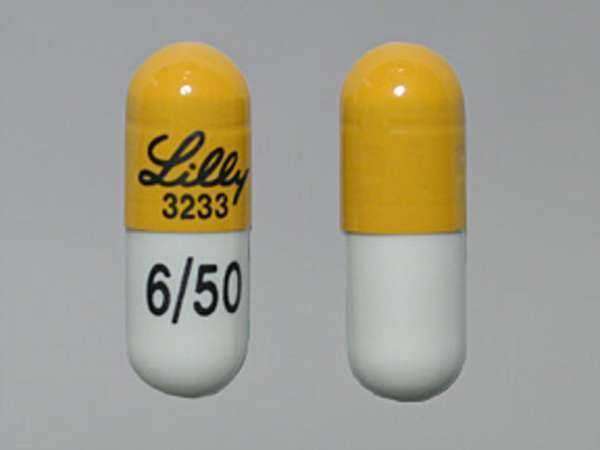Advair Strengths








A brief guide to Advair Diskus 250 50
The medication Advair Diskus 250 50 represents the medium dose of Advair—the popular asthma and respiratory medication. Advair Diskus 250 for relief of symptoms related to severe respiratory problems, such as bronchitis can be continued on a long-term basis. However, asthma patients prescribed Advair Diskus 250 50 face increased risks if used long-term. Therefore, when combatting asthma, the Advair Diskus 250 50 must be regularly monitored.
Prior to issuing a prescription for Advair Diskus 250, a physician must question you about your medical history, including any medications you are currently taking. Advair Diskus 250 50 should not be issued patients who are allergic to milk. Additionally, conditions such as epilepsy or thyroid problems are among those which could place you at an increased risk of adverse effects when taking Advair Diskus 250. After evaluating your medical history, a physician will determine whether Advair Diskus 250 50 is likely to be safe and efficacious.
Your doctor is responsible for explaining all the potential adverse effects that may ensue as the result of Advair Diskus 250 use. The bulk of effects, such as headaches or stomach problems, are common to many prescription medications. Because treatment with this drug can weaken your immune system, patients on Advair Diskus 250 face an increased risk of pneumonia and other illnesses. Report all observed side effects, no matter how minor, to a physician as soon as possible. If you develop a rash, hives or similar skin problems, your body is experiencing an allergic reaction to Advair Diskus 250 50.
Advair Diskus 250 50 should be taken twice a day via the inhaler. Doses should be administered every 12 hours. Advair Diskus 250 is not intended to provide immediate relief for breathing problems, nor is it a substitute for emergency inhalers. Under no circumstances should you take more than two doses of Advair Diskus 250 50 a day. If you forget to take the drug, do not take two doses of Advair Diskus 250 at the same time to catch up.
Serious side effects which occur as the result of overuse of the drug are your sole responsibility. However, if you follow a doctor's directions for use of Advair Diskus 250 50 but still experience medical problems; you may have grounds for a lawsuit. A physician who has not properly monitored your body's response to the medication may be guilty of malpractice. Consult with a lawyer who specializes in such cases to see if a clear link between their actions and serious health effects can be established to the satisfaction of the law.



What are Street Drugs?
Street Drugs is a colloquial term that is used to
classify an illegal drug that possesses a market of supply and demand in an
urban or suburban environment. Common street drugs include: Crack cocaine,
powder cocaine, marijuana, heroin and ecstasy. These drugs are all illegal in
nature—with the exception of marijuana which has been rendered legal or
decriminalized in 12 states throughout the country—and highly addictive. As a
result of their addictive characteristics, street drugs possess a constant
market—there are always buyers and sellers in a given community.
Street drugs are addictive as a result of their
psychological and physical side effects. Although each street drug administers
a different feeling on its user, all street drugs possess some sort of worth to
its buyer. For example, ecstasy transforms the user into a euphoric and
forgiving individual, while marijuana enables the user to relax and put his or
her mind at ease. These psychological side effects, however, are not infinite
in nature and as a result, yield a horrible withdrawal period, causing the user
to become addicted.
What is Recreational Drug Use?
Recreational drug use refers to the use of a drug,
typically a psychoactive substance or street drugs, with the intention of
creating or enhancing an individual’s recreational experience or activity. This
form of use, however, is highly controversial and often labeled as drug abuse,
particularly when the drug in question is classified as a dangerous street
drug. The recreational use of street drugs, in the majority of jurisdictions
throughout the United States, is deemed illegal.
The penalties attached to the use, distribution or
possession of street drugs will vary depending on the drug in question, the
quantity and the intent of the individual. In addition, if the individual has a
long history of abusing or selling street drugs the penalties attached will
invariably be more severe.
Classifications of Street Drugs:
Depressants: These types of street drugs are
psychoactive in nature, meaning they temporarily diminish the function or
activity of a specific part of the body or mind. Examples of such effects
include: sedation, anxiolysis and hypotension. Due to these effects, such forms
of street drugs possess a “down” quality to them. These types of street drugs
are held in contrast to “uppers” or stimulants which cause the user to feel a
heightened sense of awareness and an overwhelming feeling of strength.
Antihistamines: These types of street drugs will
inhibit the release or action of histamine; these are legal or over the counter
forms of medication that may be used and sold for an illegal purpose.
Hallucinogens: These types of street drugs can be
subdivided into three broad categories: dissociatives, delirants and
psychedelics. Hallucinogens may cause subjective changes in thought, emotion
consciousness and perception. Unlike other forms of street drugs, this
classification does not merely amplify familiar states of mind, but induces
experiences that differ from ordinary states of consciousness.